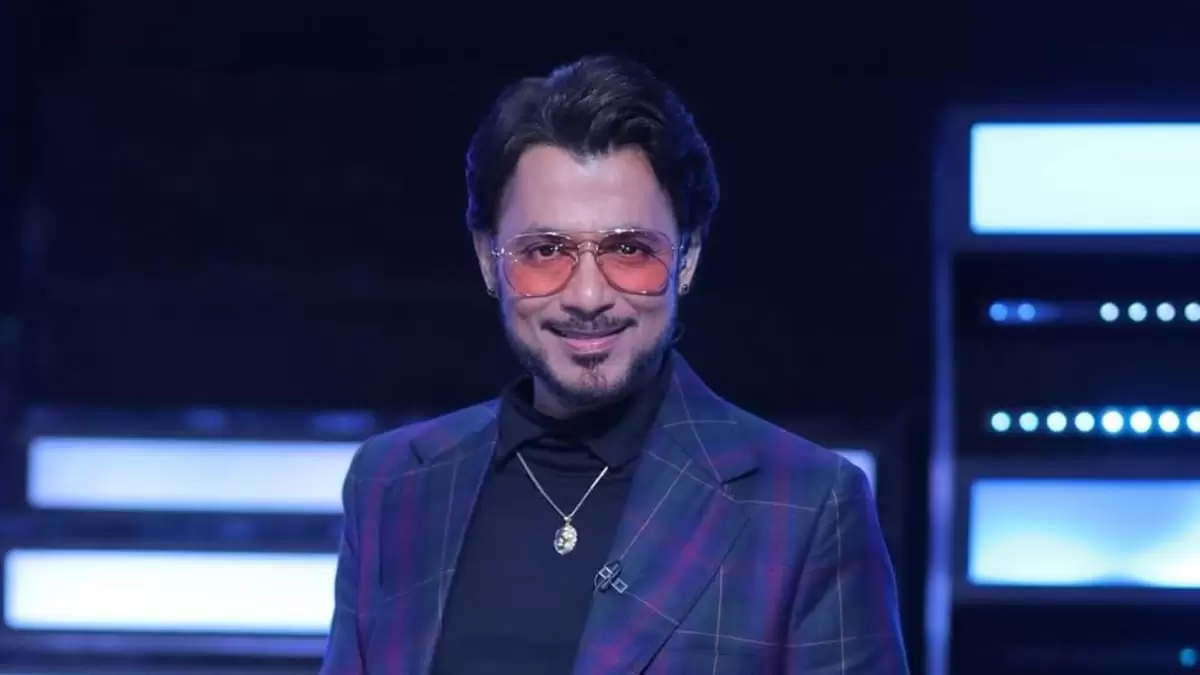New Delhi: The YouTube show India’s Got Latent, hosted by comedian Samay Raina, has landed in hot water after a controversial comment by social media influencer Ranveer Allahbadia. The situation has caught a lot of attention, especially after Shark Tank India judge Anupam Mittal spoke up about it. He called both Raina and Allahbadia “victims” of a bigger problem caused by social media platforms.
The controversy started when Allahbadia asked a contestant an inappropriate question about their parents’ private life. His remark sparked outrage online, with public figures and political leaders strongly criticizing it. The backlash led to multiple police complaints against both Allahbadia and Raina, and they were summoned for questioning. The issue even reached the Indian Parliament, showing just how serious it had become.
In a LinkedIn post, Anupam Mittal pointed out that the problem isn’t just about what Allahbadia said, it’s about how social media works. He criticized platforms like YouTube and Instagram for pushing creators to make more and more extreme content just to stay relevant. “When one extreme becomes normal, the algorithm just promotes the next level of obscenity,” he wrote.
Mittal also blamed big tech companies for escaping responsibility under digital laws. He argued that if TV channels or newspapers published similar content, they would face serious consequences. “Imagine a newspaper or TV channel getting away with posting the kind of content that social media platforms allow without any accountability,” he said.
What’s Next?
Both Allahbadia and Raina have apologized, but Mittal believes the real focus should be on fixing the system instead of just blaming individuals. He pointed out that India’s Got Latent is known for its edgy and provocative content, so controversy was bound to happen.
Meanwhile, Samay Raina has tried to calm the situation by removing all related videos from his channel. In an Instagram statement, he admitted that the controversy had become too overwhelming and promised to cooperate with authorities.
This whole situation has initiated a bigger debate about who should be responsible for online content, the creators or the platforms.





